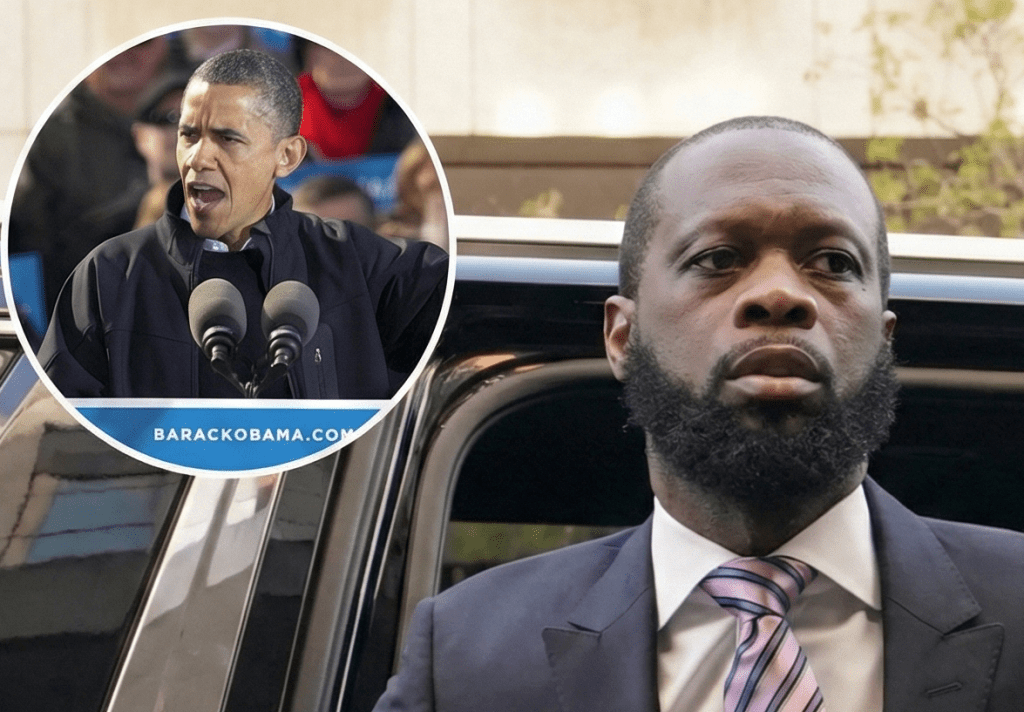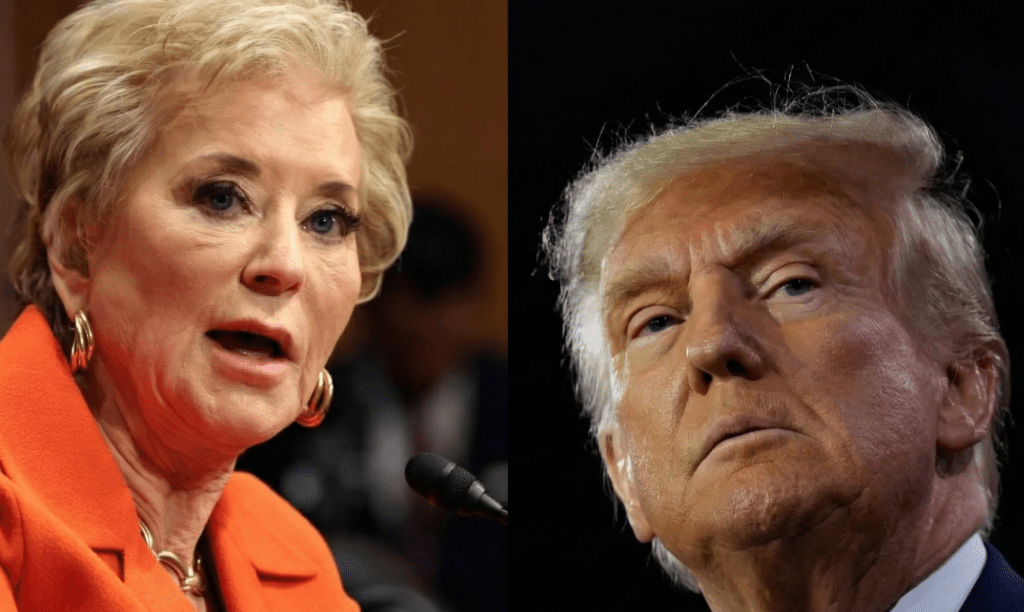The Poignant Push to Award Charlie Kirk the Congressional Gold Medal Posthumously
In the golden haze of a late September afternoon in Orem, Utah, where the Wasatch Mountains stand as silent sentinels over sprawling campus quads, Charlie Kirk stepped to the podium on September 10, 2025, his 31-year-old frame radiating the unshakeable energy that had ignited a generation of young conservatives. The air buzzed with the anticipation of 3,000 attendees—far beyond the expected 600 for Turning Point USA’s American Comeback Tour kickoff—students clutching signs proclaiming “Faith, Family, Freedom” as Kirk, with his trademark buzz cut and boyish grin, launched into a riff on fiscal responsibility and the Founders’ vision. “We’re not just debating policy—we’re defending the soul of America,” he said, his voice rising like a rally cry, the crowd roaring back with the fervor of a revival meeting. It was a moment of pure propulsion, Kirk at the height of his powers, the 18-year-old founder of Turning Point USA now a force whose campus chapters spanned 2,500 schools, mobilizing millions for causes from border security to biblical values. But in an instant that shattered the serenity, a single shot rang out from a rooftop perch, the crack echoing like thunder over the peaks, felling Kirk mid-sentence and plunging a nation into mourning. As paramedics rushed him to Utah Valley Hospital, where he was pronounced dead at 12:47 p.m. Mountain Time, the world lost not just an activist, but a son, husband, father, and firebrand whose brief blaze had warmed the hearts of the overlooked and ignited the ire of the elite. Now, two months later, as November’s chill settles over Capitol Hill, Rep. Andy Ogles’ bill to award Kirk the Congressional Gold Medal posthumously gathers steam with over two dozen cosponsors, a legislative lantern lighting the way to honor a life cut short, ensuring his legacy endures as a beacon for the battles he began.
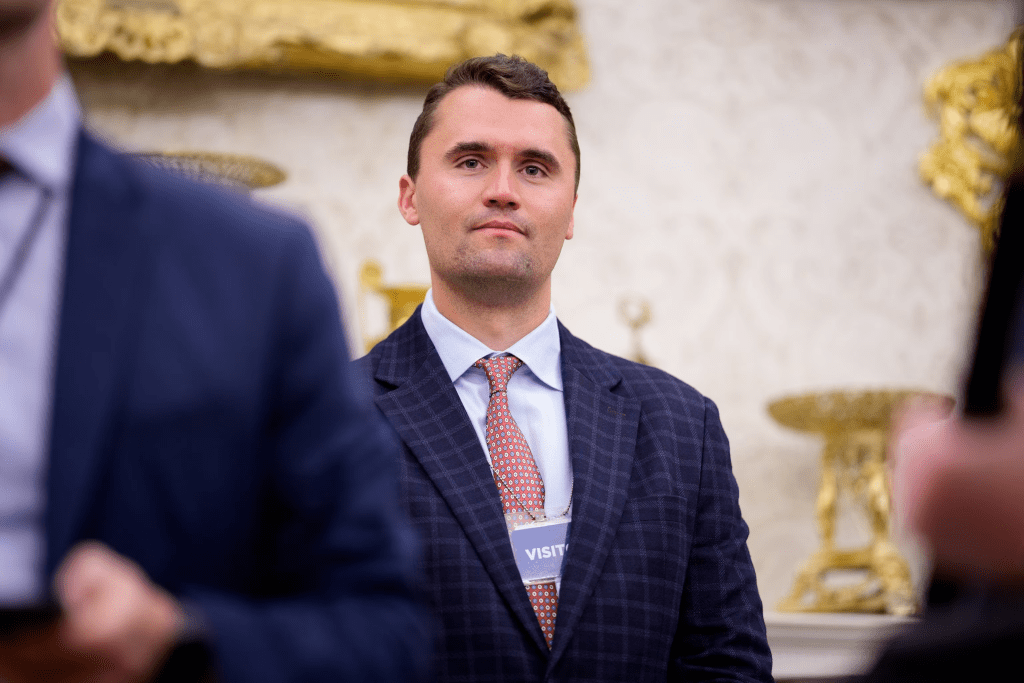
Kirk’s flame didn’t flicker out in Utah; it flared brighter in the aftermath, a posthumous power that propelled his story from tragedy to testament. The shooter, 22-year-old Tyler Robinson, a Utah State dropout radicalized online and arrested hours later after jumping from the rooftop and fleeing on foot, confessed to the crime in a chilling interrogation tape leaked to Fox News, his motives a toxic brew of anti-conservative animus and personal grievances aired in family dinners where he’d ranted about Kirk’s “MAGA machine.” The FBI, offering a $100,000 reward that poured in tips from 5,000 calls, pieced together Robinson’s path: a loner influenced by dark web forums, his backpack at the scene stuffed with manifestos echoing the 2024 attempts on Trump. Utah Gov. Spencer Cox called it a “political assassination” in a tear-streaked presser, the state’s mountains a mournful backdrop, while President Trump, from Mar-a-Lago’s marbled halls, vowed “justice for Charlie, a warrior for the forgotten.” Kirk’s wife, Erika, 29 and steely in sorrow, stood at his September 21 memorial in Phoenix—attended by 10,000, Trump at the podium with a voice thick with emotion: “Charlie was a patriot who loved God, family, and country. We’ll make sure his light never dims.” That service, a sea of red hats and raised Bibles, became a movement’s mecca, Turning Point chapters vowing to double down on campus crusades, their founder’s blood a baptism for bolder action.
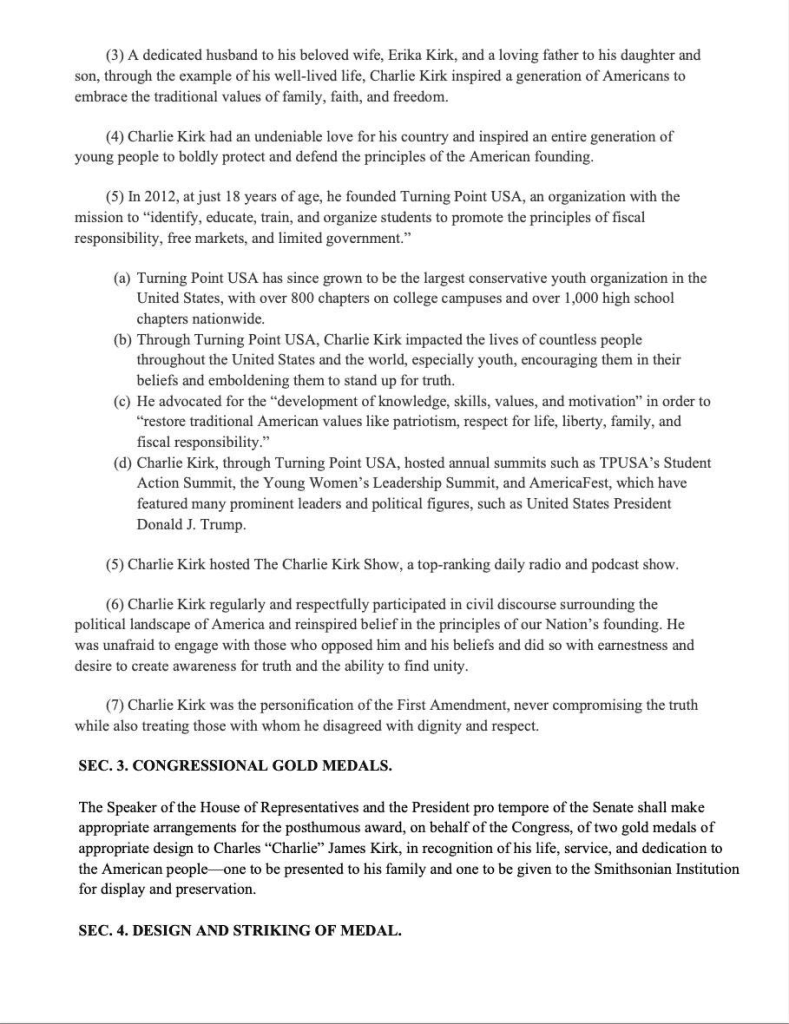
Ogles’ bill, H.R. 719 introduced on September 11 in the 119th Congress, is the legislative love letter Kirk’s legion demanded—a resolution to mint the Congressional Gold Medal, Congress’s highest civilian honor, struck in gold for his family and bronze for the Smithsonian, where it will gleam alongside tributes to Rosa Parks and Neil Armstrong. “Charlie Kirk was an American hero whose life was tragically cut short by a political assassin on September 10, 2025, at Utah Valley University,” the text reads, its words a wreath of remembrance for the man who at 18 founded Turning Point USA in 2012, a youth juggernaut that grew to 1,500 chapters, educating 10 million students on free markets and limited government. Cosponsors swelled to 26 by November 21—firebrands like Matt Gaetz and Lauren Boebert alongside moderates like Don Bacon— a bipartisan bridge rare in a divided House, their signatures a salve for the shockwaves of Kirk’s slaying. “One medal will go to his family, the other to the Smithsonian Institution for display, ensuring that his legacy and contributions are preserved for the American people,” Ogles said in a statement that echoed across conservative airwaves, his Tennessee drawl a drumbeat of determination. Trump, sealing his own tribute with a posthumous Presidential Medal of Freedom announced at the memorial, called Kirk “a devout Christian, beloved husband, loving father… the embodiment of what our Founders envisioned.”
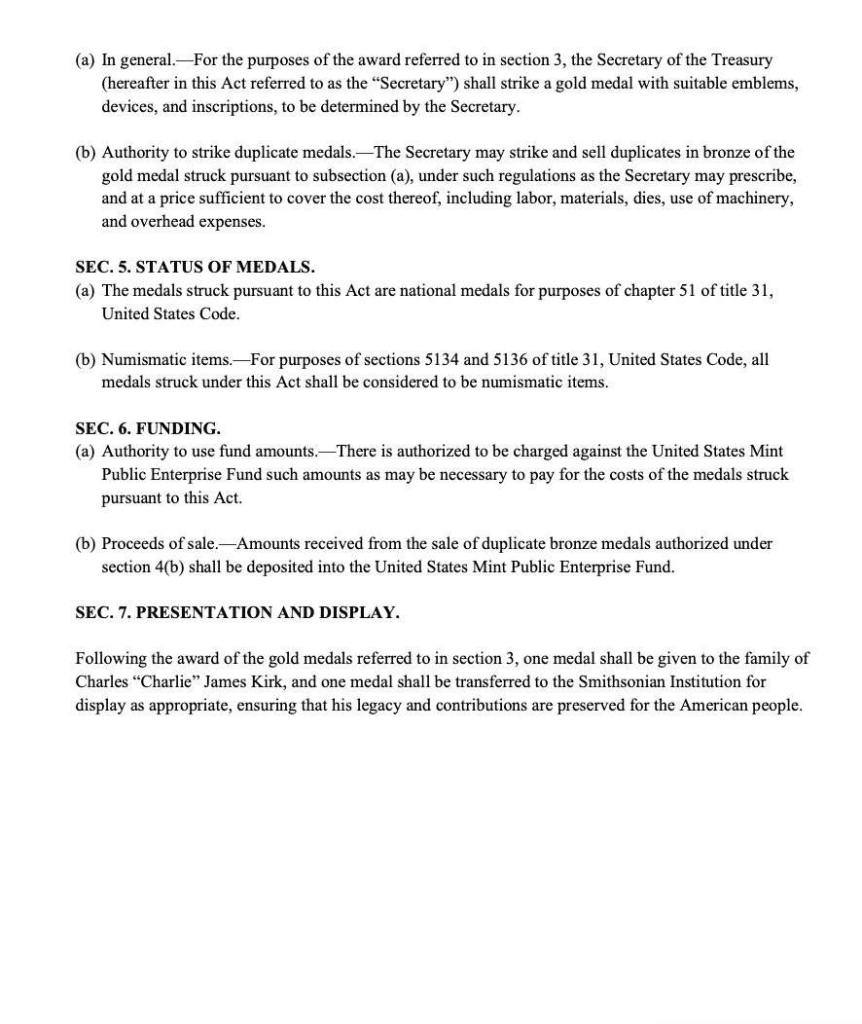
The emotional epicenter throbs in the hearts of those Kirk touched most—the college kids who crowded his events, the parents who saw in him a shepherd for their sons’ souls. In Phoenix, where Turning Point’s headquarters hum with the energy of a startup on steroids, Erika Kirk, now 30 and widowed with a 3-year-old daughter and 1-year-old son, navigates the nursery’s new normal with a grace forged in grief. “Charlie was my rock, the dad who danced with our babies to ‘Sweet Caroline’ at bedtime,” she shared in a tearful Fox interview on November 15, her eyes—blue like his—sparkling with unshed sorrow, a locket with his photo nestled in her collar. Erika, a former TPUSA event planner whose own path crossed Kirk’s at a 2018 campus rally, met the man who would become her husband amid the chaos of a college fair, his charisma cutting through the crowd like a spotlight. Their wedding in 2020, a simple affair in a Scottsdale chapel, was a vow of partnership in purpose—Erika handling logistics while Charlie lit the lectures, their home a hub for young leaders brainstorming ballot initiatives over board games. The assassination shattered that sanctuary, Robinson’s bullet not just claiming a life, but cleaving a family, Erika waking to empty cribs and the echo of his laugh in every lullaby. “The medal? It’s not closure—it’s a continuation,” she says, her voice a velvet veil over volcanic pain, vowing to helm Turning Point with the vigor he embodied. “Charlie’s legacy is our kids’ future—faith without fear, freedom without apology.”
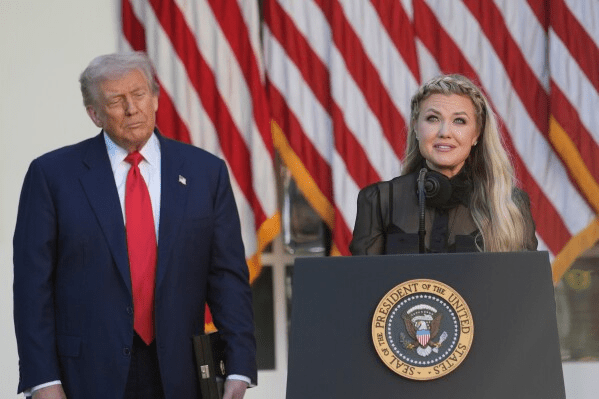
That legacy, etched in the lives of the legions he led, pulses with the passion of a prophet whose pulpit was the podium. Kirk, born October 14, 1993, in the Chicago suburbs to a teacher mom and finance dad, was the kid who skipped college for conviction, founding TPUSA at 18 with a $30,000 seed from conservative donors, his mission “to identify, educate, train, and organize students to promote the principles of fiscal responsibility, free markets, and limited government.” From dorm-room debates to 500,000-student summits, he built a movement that flipped campuses red, his “Professor Watchlist” exposing “liberal bias” in 2024 drawing 10 million views, his podcast “The Charlie Kirk Show” topping iTunes charts with 5 million downloads a month. “He didn’t preach—he provoked, making kids think twice about the taxes they’d pay tomorrow,” recalls Candace Owens, his TPUSA co-star and close confidante, her tribute on X a million-like lament. Owens, who debated Kirk on everything from abortion to affirmative action, saw in him a brother in arms: “Charlie was the spark—fierce, funny, faithful. His death? A dagger to the discourse we need.” For young conservatives like 20-year-old Emma Hargrove, a TPUSA chapter president at Arizona State, Kirk was mentor and muse, her first rally in 2022 a baptism by ballot box where his words—”Don’t apologize for America”—ignited her run for student senate. “He made me believe my voice mattered,” Emma says, her dorm room altar a photo of Kirk at a Phoenix event, candles flickering for the fallen friend. Hargrove, now organizing vigils on 200 campuses, channels that fire into fundraisers for Kirk scholarships, $2 million raised since September, a testament to a teacher whose lessons outlive his lectures.
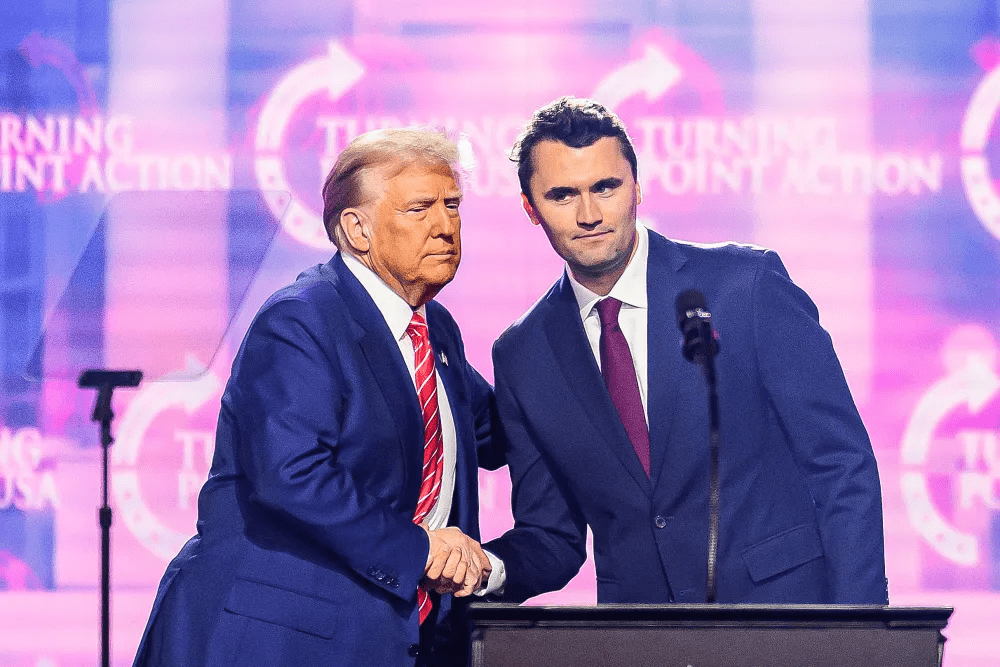
The bill’s momentum, with cosponsors like Marjorie Taylor Greene and Matt Gaetz lending their lightning rods, mirrors the movement Kirk marshaled—a groundswell from the grass roots that pressured Ogles to act within 24 hours of the shooting. H.R. 719, the “Charlie Kirk Congressional Gold Medal Act,” passed the House Education Committee unanimously on October 15, its text a tapestry of tribute: Kirk as “courageous American patriot” who “elevated our national discourse, inspired our students, and proclaimed Christ crucified with vigor and conviction.” The Smithsonian medal, to be displayed alongside those of MLK and Tuskegee Airmen, ensures his story endures in marble halls, a counterpoint to the Capitol’s censured censures. Trump, at the Phoenix memorial where 10,000 gathered under a sea of red hats, his voice cracking on “good and faithful servant,” vowed the Presidential Medal of Freedom: “Charlie fought for the forgotten—now we’ll fight for his forever.” That ceremony, a sea of tears and torches, became a movement’s Mecca, Erika at the podium with sons in arms, her words a widow’s war cry: “Dad’s not gone—he’s in every kid who stands up.”
Critics carp at the canonization, progressives like AOC tweeting “Gold for a gold-grifter?” her post a 500,000-like lightning bolt, but for Emma Hargrove, it’s gospel: “Charlie didn’t grift—he gave, his life a gift to the generation he groomed for greatness.” As November’s frost etches the Wasatch windows, Ogles’ bill bids to burnish that gift in gold—a medal that mends the mourning, a legacy that lights the long night. In Orem’s quad where Kirk fell, a memorial mural blooms with his image amid American eagles, students pausing to pledge: “Faith, family, freedom—forever.” For Erika, tucking in toddlers with tales of their dad’s daring, it’s a healing hymn; for the nation, a nod to a name that never faded. Charlie Kirk’s flame flickers on, fanned by friends and family, a posthumous promise that in America’s arena, the bold burn brightest, even in brief.

